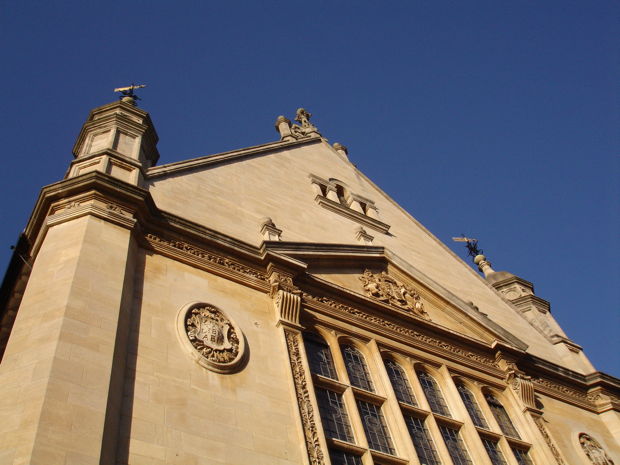Some time ago, an intelligent and inquisitive former student of my husband’s sent a group of former professors and friends, including the two of us, a message. Out of undergrad a year or two, he was now contemplating whether to apply to graduate school in the humanities, or to take a chance he had been offered as an apprentice in a fairly lucrative branch of construction work which he also enjoyed — let’s say it was plumbing.
Several of the other former professors and friends joined in the discussion: “Finish your education. You won’t regret it.” Not my husband and I. “If,” we said, “you cannot imagine yourself doing anything but doctoral work — if you recognize that you go into it for love alone, with no particular hope of professional advancement, or even employment — then go. But if even the smallest part of you wonders if you might be happier being a plumber, then be a plumber.”
For close to six years, since the birth of our first child, my husband and I — church historians both — performed a delicate dance of co-parenting and co-teaching. He was the one with a tenure-track job at a small and not particularly prosperous institution with heavy teaching loads, a pension, and health insurance. I was the adjunct who taught an additional 8-10 courses per calendar year for four different institutions (yes, you read that right; from fall 2007 to summer 2013 I had exactly two breaks longer than one week.)
In between, we both wrote, read, graded, tweaked syllabi, entertained students for board game nights, went to campus soccer games and recitals to support our students, and took our daughters to library storytimes and music and ballet classes and out for walks in the park. We watched dance rehearsals with laptops balanced on our knees. We read Little House on the Prairie to a five-year-old at bedtime and then stayed up for another few hours grading the papers of 20-year-olds. We knew we were called to both vocations. We still know that.
It was a delicate and manageable dance. Until the day in the fall of 2011 when the not particularly prosperous institution instituted budget cuts that included several faculty in their pre-tenure years. One of them was us. (Update here, too.)
Perhaps the vocation of an historian was never really one of being slightly absent-minded professors with pipes and tweedy jackets walking tree-lined campuses and thinking about (in my case, at least) the peculiarities of Victorian eating habits. (Or, if and when it was, there were no women wearing the jackets and smoking the pipes.) Perhaps it has always presented the sharp choice between professional success and personal happiness that seems to be particularly acute in our present age, solved only by making sacrifices neither of us have been willing to make.

Perhaps the groves of academe have always been more consumed by the culture of assessment and the drudgery of committee work and the expectations of faculty manuals than I ever thought as a bright-eyed young graduate student. When I entered my prestigious graduate program, I was convinced I could change the world by reminding the world that history matters. That who we have been in the past shapes where we are going. That in the face of all the law-givers and appraisers and assessors of this world, when we have given Caesar what is Caesar’s, there still needs to be someone standing up, sometimes screaming into the face of the prevailing wind, asking “Why?”
I wanted to tell our student to be that person. He might have made a good person like that. I wanted to tell him that it was worth everything in the world to be that person.
But I also wanted him to have health insurance. So I sent him off to be a plumber.
How long until there is no one talking into the wind?